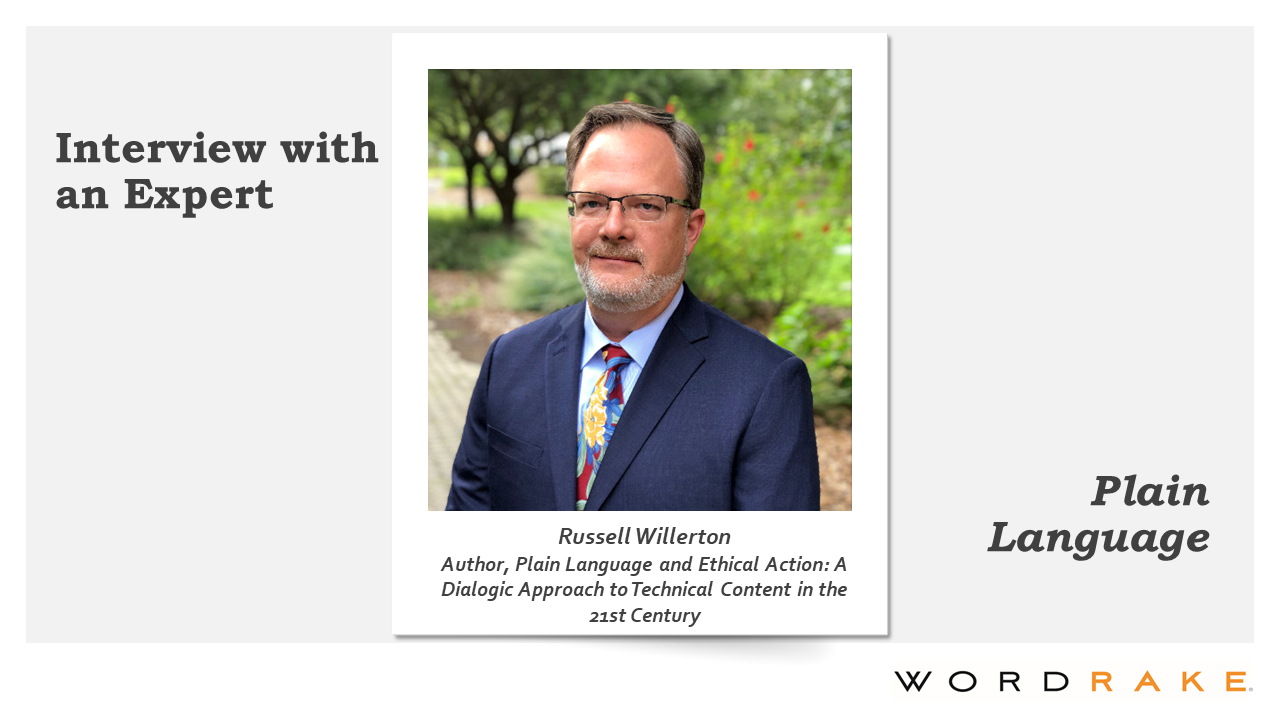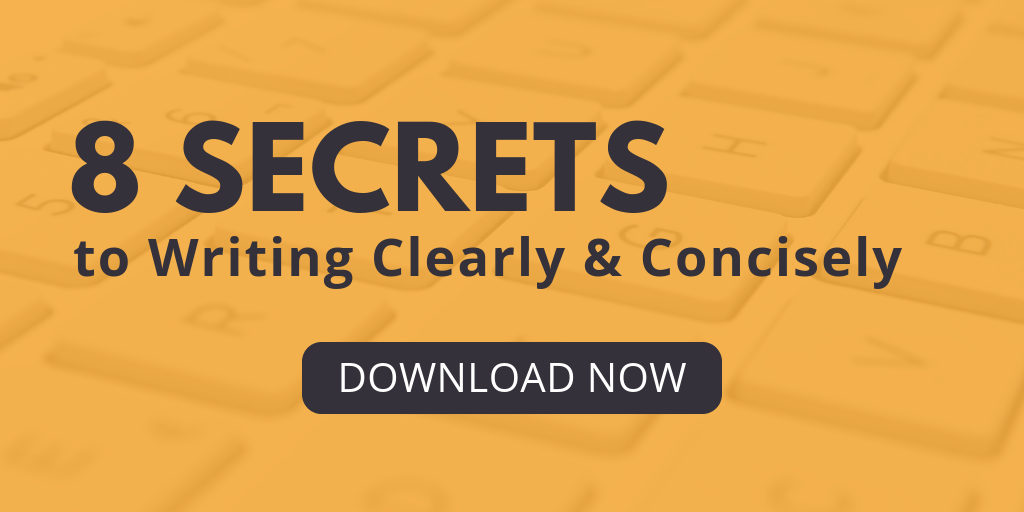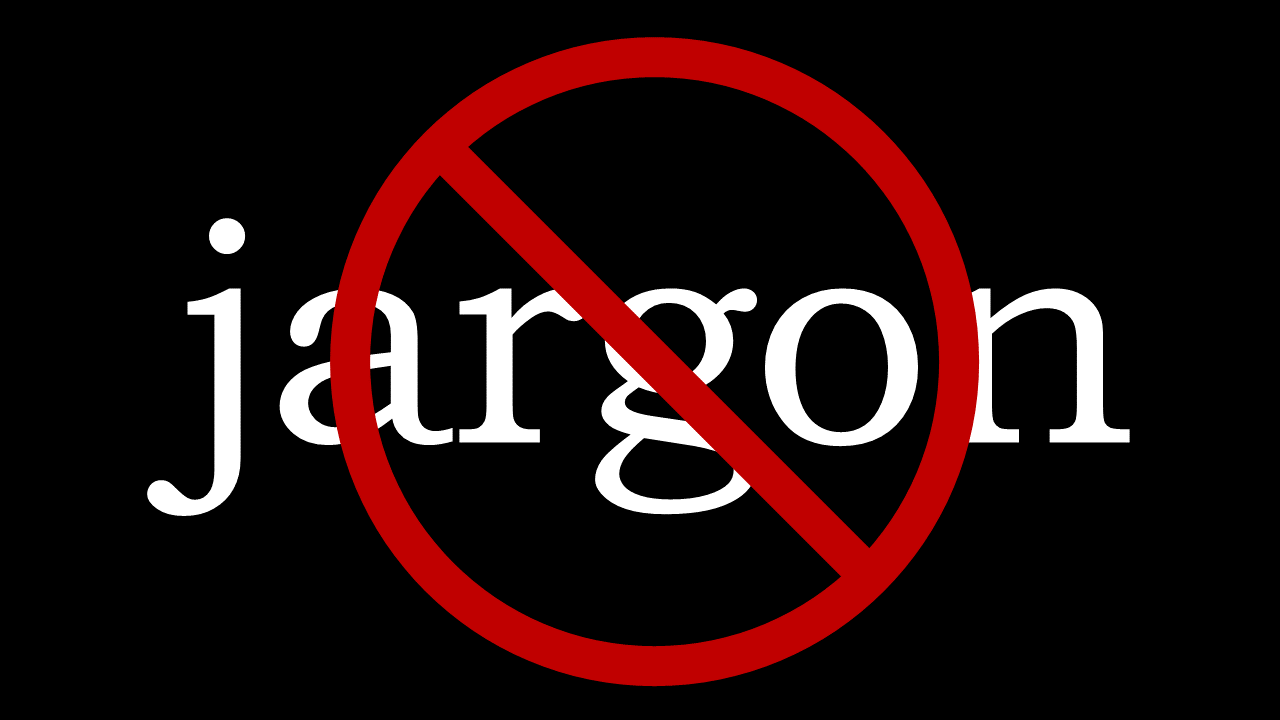Plain language expert Russell Willerton believes that professionals have an ethical imperative to write plainly in certain situations. He hopes to get us to spend less energy talking “at” someone and more energy talking “with” someone in a true dialogue. Put simply: Some situations require more care than others.
Unfortunately, many of us never consider how a reader comes to information in their lives and the outside factors that may impede their ability to comprehend the message. We think only about what we want to say and we forget about the reader’s human needs. To address that problem, Russell created the BUROC framework (Bureaucratic, Unfamiliar, Rights-Oriented, and Critical) to identify situations in which audiences would benefit from plain language.
We spoke with Russell to learn more about how plain language relates to access to justice and empathy for the reader. In this interview, Russell illustrates how unclear language is a barrier to understanding and harms decision-making. Read on for more insight on plain language and justice.
What is your role and how is it connected to plain language?
I am a technical writer/editor III for Po’okela Solutions, LLC, which contracts with the CDC. After passage of the Plain Writing Act, federal agencies have increased their training on communicating with the public more effectively. I use plain language to write and edit documents about developing training for professionals in public health laboratories. During my academic career, I wrote a book on ethics and plain language while I worked at Boise State University.
What prompted your interest in plain language?
When I was first employed as a technical writer, I took seriously the idea that technical writers should be user advocates. I was also completing my master’s degree in English at the University of North Texas in the late 1990s. I took a class from Dr. Brenda Sims on style in technical writing. Plain language was listed among some topics that we might pursue in the course. I found the federal government’s website on plain language (plainlanguage.gov), and I was hooked.
How are readability and plain language related?
I think the answer to this question depends on whom you ask. Readability scores assess the surface level of a text: how many words there are, how many syllables the words have, how long the sentences are, and so on. Some think readability scores can predict readers’ success with a text; some don’t. Readability scores don’t account for the visual presentation of information or the helpfulness of any visuals. I think readability scores can be somewhat useful, but I don’t think they eliminate the need to conduct usability tests with readers.
What are some factors that indicate a need to write in plain language?
I developed the BUROC framework to help identify opportunities to use plain language. The more a situation reflects the characteristics of the framework, the more likely it is that people in the situation will benefit from plain language.
- B is for bureaucratic. Does a bureaucracy control a person’s access to services or benefits? Are there layers of policies and procedures that a person must go through? Do people outside the bureaucracy have less information and less authority than those in the bureaucracy?
- U is for unfamiliar. Is this situation one that people rarely or infrequently face? Do insiders use jargon that outsiders don’t know well? Are people required to go to unfamiliar places or use unfamiliar tools to get what they need?
- RO is for rights-oriented. Does the situation involve people’s choices to exercise their rights as patients, consumers, citizens, or humans? Is it easy or difficult for people to exercise their rights?
- C is for critical. Is the situation important? Did the situation arise suddenly or without warning? Are the consequences of decisions or actions significant?
How does plain language impact access to justice?
When people understand their rights and responsibilities better, they are better citizens. When contract terms are clearer to consumers, consumers make better decisions—they better understand terms of contracts, and they are less likely to get mistreated by a service provider or a landlord. When people understand their rights more clearly, that promotes justice.
What’s the most important—yet simple—change professionals can make to consumer-facing documents to improve understanding?
A lot of professionals struggle to see the situation from the consumer’s point of view, and they end up writing documents that consumers can’t use well. Some call this “the curse of knowledge.”
If you’re writing for consumers, write the document to answer consumers’ questions. Identify the questions that consumers are most likely to have—preferably by asking them—and then answer those questions.
What’s the biggest danger to consumers if they don’t understand what is being communicated to them?
If consumers don’t understand what they are agreeing to, they may forfeit valuable rights. The pictures they post could be turned into products that someone else sells, their pictures could be used to train AI systems to do things that violate privacy rights, their personal information could be sold many times over without payment—the possibilities are almost endless. Many people click the “I have read the terms and conditions” box every time they sign up for something without actually reading them; they don’t think twice about it until there’s a new data breach or a new attack on a server somewhere.
Beyond writing with simpler words and shorter sentences, what else can professionals do to communicate better for the public’s benefit?
Get feedback from people in the target audience. Expert writers and editors can do a lot of good, but members of the target audience can tell you what they really need. If you can’t talk to members of the target audience, the next best thing is to talk with people who work with the audience.
What’s one piece of advice that you would offer to help a professional start using plain language?
Get ideas from other plain-language practitioners. Look at winners of contests like the ClearMark awards from the Center for Plain Language. Read the plainlanguage.gov website. Watch TED talks and participate in webinars. Follow developments in plain language around the world through Plain Language Association International (PLAIN). People in plain language love to help each other learn.
What’s the most convincing statistic that you can share to convince professionals to start using plain language?
Joseph Kimble wrote a book on plain-language success stories: Writing for Dollars, Writing to Please. In general, plain language works. It can save time, it can reduce frustration, and it can save organizations money.
From an ethical perspective, plain language provides a way for an organization to have a dialogue with its constituents. A dialogic approach reduces the imbalance of power and authority that favors big organizations over individual people. A dialogic approach treats people as people, not as costs that need to be reduced.
Download an excerpt of Russell's book Plain Language and Ethical Action here.
About Russell Willerton
Russell Willerton is technical writer/editor III for Po’okela Solutions, LLC, which contracts with the CDC. He earned his Ph.D. in technical communication and rhetoric from Texas Tech University. Before returning to industry, he spent two decades in higher education, teaching at Texas Tech University, Boise State University, and Georgia Southern University. His book is Plain Language and Ethical Action: A Dialogic Approach to Technical Content in the Twenty-First Century (Routledge, 2015).
Plain Language and Clear Communication Interview Series
This interview is part of a series produced in connection with WordRake’s support for the Access for All: Plain Language is a Civil Right conference. WordRake is editing software for sophisticated writers who must communicate clearly. It improves writing by simplifying and clarifying text, cutting jargon, and recommending plain English replacements. WordRake runs in Microsoft Word and Outlook, and its suggestions appear in the familiar track-changes style. You decide when to run WordRake and which edits to accept, so you get quality and speed without sacrificing control. Editing for clarity and brevity has never been easier. Try WordRake for free for 7 days.






